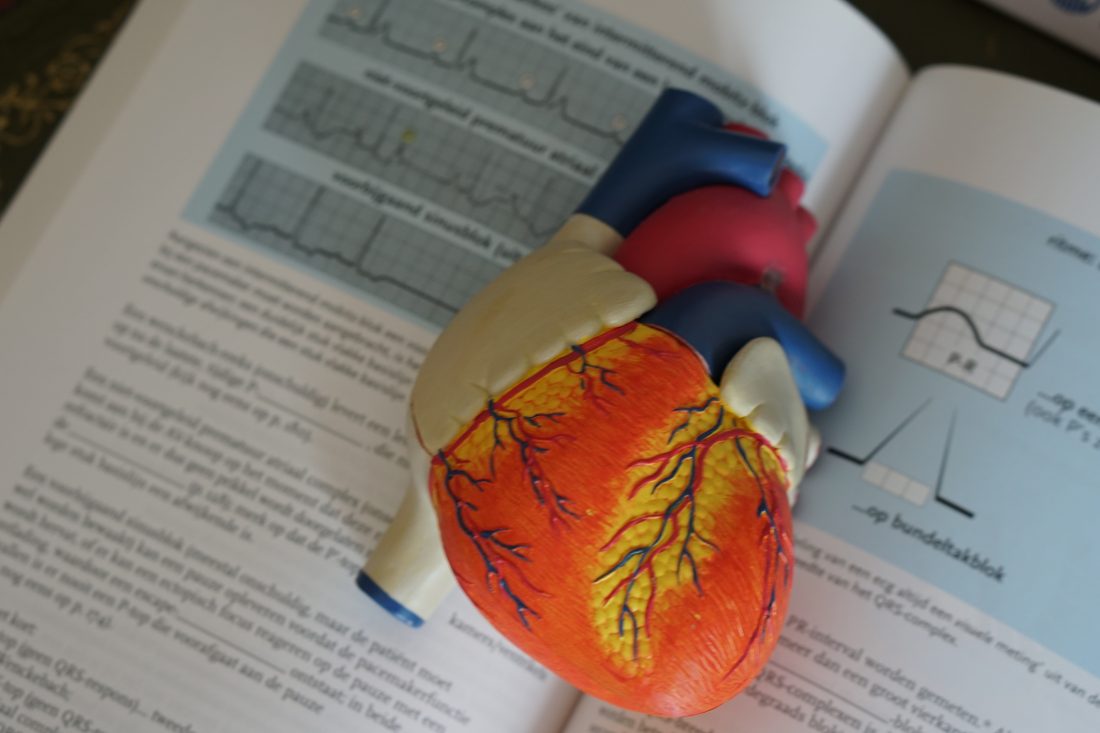Serious car accidents can be life-changing events. They not only cause physical injuries but also emotional and financial distress. Recovering from a serious car accident can take time, and it’s important to have a plan in place for rebuilding your life after such an event.
In this guide, we will discuss what steps you should take to move forward and rebuild your life after a serious car accident.
The Immediate Aftermath
Prioritize Safety and Health
Immediately after a car accident, the first step is to ensure your safety and the safety of others involved. Call emergency services if necessary and seek medical attention, even if you feel fine. Some injuries, like whiplash or internal bleeding, may not show symptoms right away.
Document everything. Take pictures of the accident scene, your injuries, and any damage to your vehicle. This documentation can be crucial when dealing with insurance claims and potential legal actions.
Lastly, follow your doctor’s advice meticulously. Whether it’s taking prescribed medications, attending follow-up appointments, or undergoing physical therapy, adhering to medical advice is critical for your recovery.
Recognizing Emotional Trauma
The emotional toll of a serious accident can be just as debilitating as physical injuries. It’s normal to feel a range of emotions, including fear, anger, or even guilt. Recognizing these feelings is the first step toward managing them.
Consider seeking professional help. Therapists specializing in trauma can offer coping strategies and support. Support groups, either in-person or online, can also provide comfort as you connect with others who understand what you’re going through.
Don’t isolate yourself. Lean on friends and family for emotional support. Talking about your experience and feelings can be therapeutic and help you process the trauma.
Legal and Financial Navigation
Understanding Insurance Claims
Navigating the legal and financial aspects after an accident can be daunting. Understanding your insurance policy is essential. Ensure you file a claim as soon as possible and keep all related documents handy.
Consult an auto accident lawyer, especially if you’re in Utah, where specific laws may affect your case. A lawyer can guide you through the claims process, ensuring you get the compensation you deserve.
Keep track of all expenses related to the accident, including medical bills, repair costs, and any other out-of-pocket expenses. This documentation will be vital if you need to pursue a legal case.
Financial Planning
Medical bills and lost wages can quickly add up, creating a financial strain. Create a budget that accounts for your current situation, focusing on essential expenses.
Explore financial assistance options. Many organizations offer grants or low-interest loans to help accident victims. Your lawyer can also assist in identifying potential sources of financial aid.
Plan for the long term. Depending on the severity of your injuries, you may require ongoing care or rehabilitation. Include these costs in your financial planning to avoid future stress.
Rebuilding Your Life
Rehabilitation Strategies
Rehabilitation is a critical component of the recovery process. Physical therapy can help restore mobility and strength, while occupational therapy can assist in regaining daily life skills.
Mental health should not be overlooked. Counseling or therapy can provide strategies for coping with anxiety, depression, or PTSD. Mindfulness practices, such as meditation or yoga, can also support emotional well-being.
Set realistic goals. Recovery can be a long process, so setting small, achievable goals can provide motivation and a sense of accomplishment.
Returning to Normalcy
Returning to work, hobbies, and social life can be challenging but is essential for mental health. Communicate with your employer about your situation and explore flexible work options if possible.
Re-engage with hobbies and activities you enjoy. These can provide a sense of normalcy and joy, aiding in emotional recovery. Start slow and gradually increase your participation as your strength and confidence grow.
Social interactions are crucial. Surround yourself with supportive friends and family who encourage and uplift you. Joining community groups or clubs can also help expand your social network and provide additional support.
Supporting Others and Advocacy
Community Support
Your experience can offer valuable insights to others going through similar situations. Sharing your story can provide hope and guidance. Consider joining or starting a support group in your community.
Volunteer your time to organizations that support accident victims. Your firsthand experience can offer empathy and practical advice to those in need.
Raising Awareness
Advocating for safer roads can help prevent future accidents. Participate in local events or campaigns that promote road safety. Your voice can make a difference in creating safer communities.
Educate others about the importance of safe driving practices. Share statistics, personal stories, and safety tips through social media, blogs, or community presentations.
Conclusion
Rebuilding your life after a serious car accident is a challenging journey, but it’s one you don’t have to face alone. By prioritizing your physical and emotional health, navigating the legal and financial landscape, and gradually reintegrating into daily life, you can find your way back to a fulfilling life.
Remember, support is available. Seek professional help, lean on your community, and don’t hesitate to reach out for assistance. Your story can inspire and help others, turning your experience into a source of strength and advocacy.
If you found this post helpful, please share it with others who might benefit. Together, we can create a supportive community for those recovering from serious car accidents.


